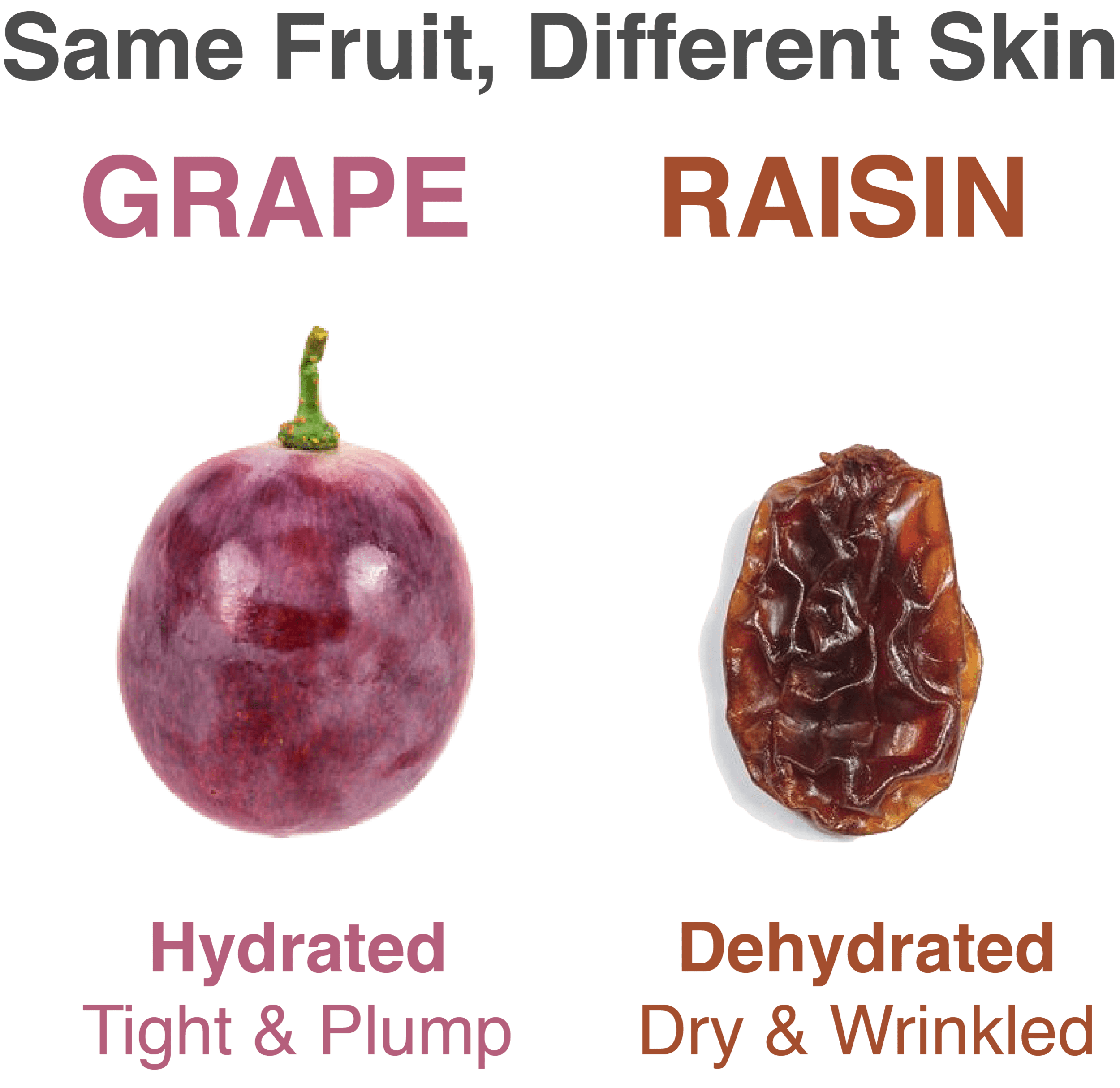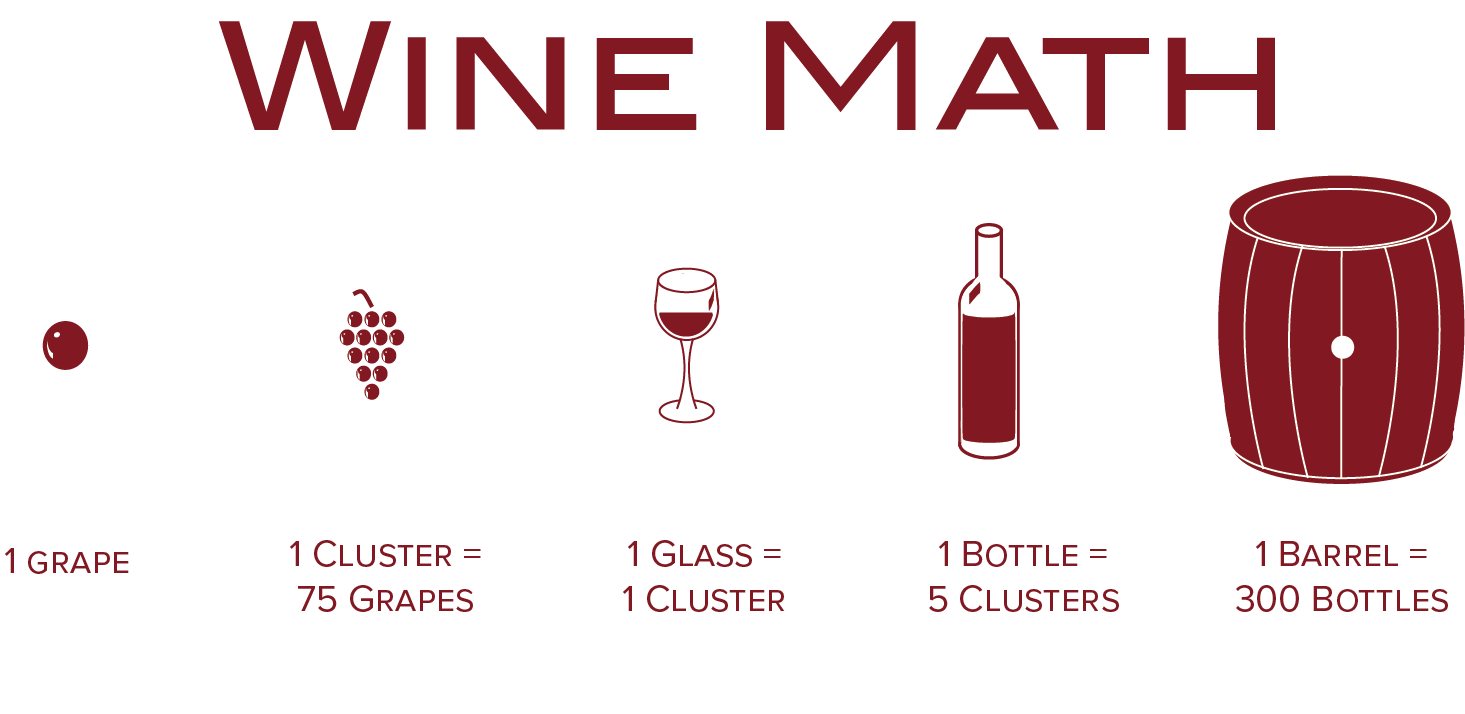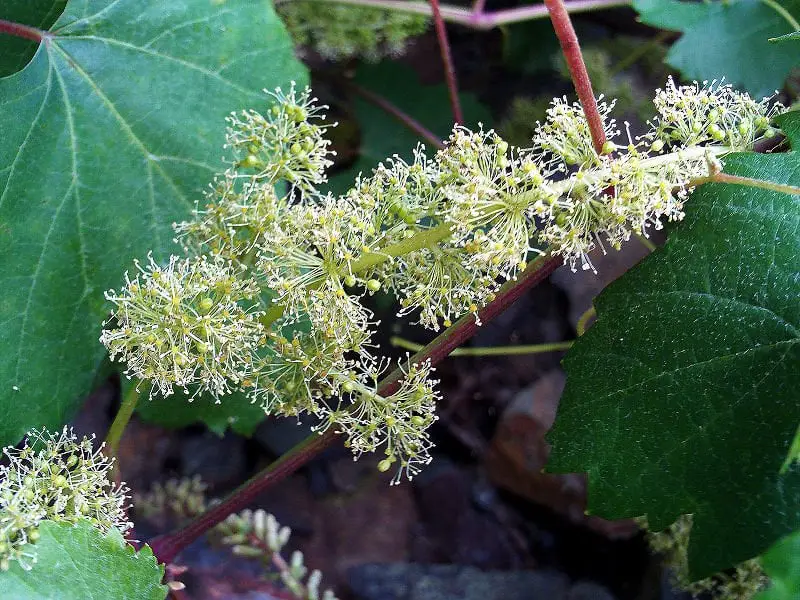Have you ever noticed how eating grapes can sometimes leave your mouth feeling uncomfortably dry? It turns out there’s a scientific explanation behind this peculiar sensation. When you bite into a grape, you release a compound called tannin, which is known to have a drying effect on the mouth. This article explores the science behind why grapes can make your mouth dry and uncovers some fascinating insights into this phenomenon. So next time you enjoy a handful of grapes, you’ll have a better understanding of why they might leave you reaching for a glass of water.
The Science Behind Why Grapes Can Make Your Mouth Dry
Do you ever wonder why eating grapes can sometimes leave your mouth feeling dry? It’s not just your imagination – there is actually a scientific explanation behind this phenomenon. The composition of grapes, the role of tannins, the stimulation of salivary glands, the body’s reaction to tannins, and the possible impact of grape varieties all play a significant role in making your mouth feel dry after consuming grapes. Understanding the science behind it can help shed light on why this occurs and how you can mitigate the discomfort.
The Composition of Grapes
To understand why grapes can make your mouth dry, let’s start by examining their composition. Grapes are composed of various components, including water, sugars, acids, and polyphenols. While the water content provides hydration, the presence of polyphenols, specifically tannins, contribute to the drying effect.
The Role of Tannins
Tannins are a type of polyphenol found in grapes, particularly in the skins, seeds, and stems. They are responsible for the astringency and bitterness often associated with red wine or certain grape varieties. Tannins have a drying effect on the mouth, causing that feeling of dryness experienced after consuming grapes.

Stimulation of Salivary Glands
When you eat grapes, the chewing and mastication process activate the salivary glands in your mouth. These glands produce saliva, which plays a crucial role in the initial stages of digestion. While saliva helps moisten and lubricate your mouth, the presence of tannins in grapes can influence the salivary flow rate, leading to a temporary reduction in saliva production and subsequent dryness.
The Body’s Reaction to Tannins
Our bodies have a natural defense mechanism against potential threats. When tannins are detected by taste receptors in the mouth, the body may perceive them as potentially harmful substances. As a response, the body may reduce saliva production and trigger other physiological changes to counteract this perceived threat. This defensive response can contribute to the dry sensation in your mouth after consuming grapes.
Effects on the Moisture Balance
The drying effect of tannins can disrupt the moisture balance in your mouth. Ideally, a healthy mouth should maintain an equilibrium between saliva production and evaporation, ensuring sufficient hydration. However, the presence of tannins in grapes can tip this balance, causing a temporary decrease in moisture levels and resulting in a dry mouth sensation.
The Role of Osmosis
Osmosis, a natural process in biology, can also contribute to the drying effect of grapes. When you consume grapes, the tannins present in them can interact with the mucous membranes lining your mouth. This interaction can lead to the movement of water molecules from the cells of your mouth tissues towards the tannins, causing a temporary decrease in moisture levels and contributing to that dry feeling.
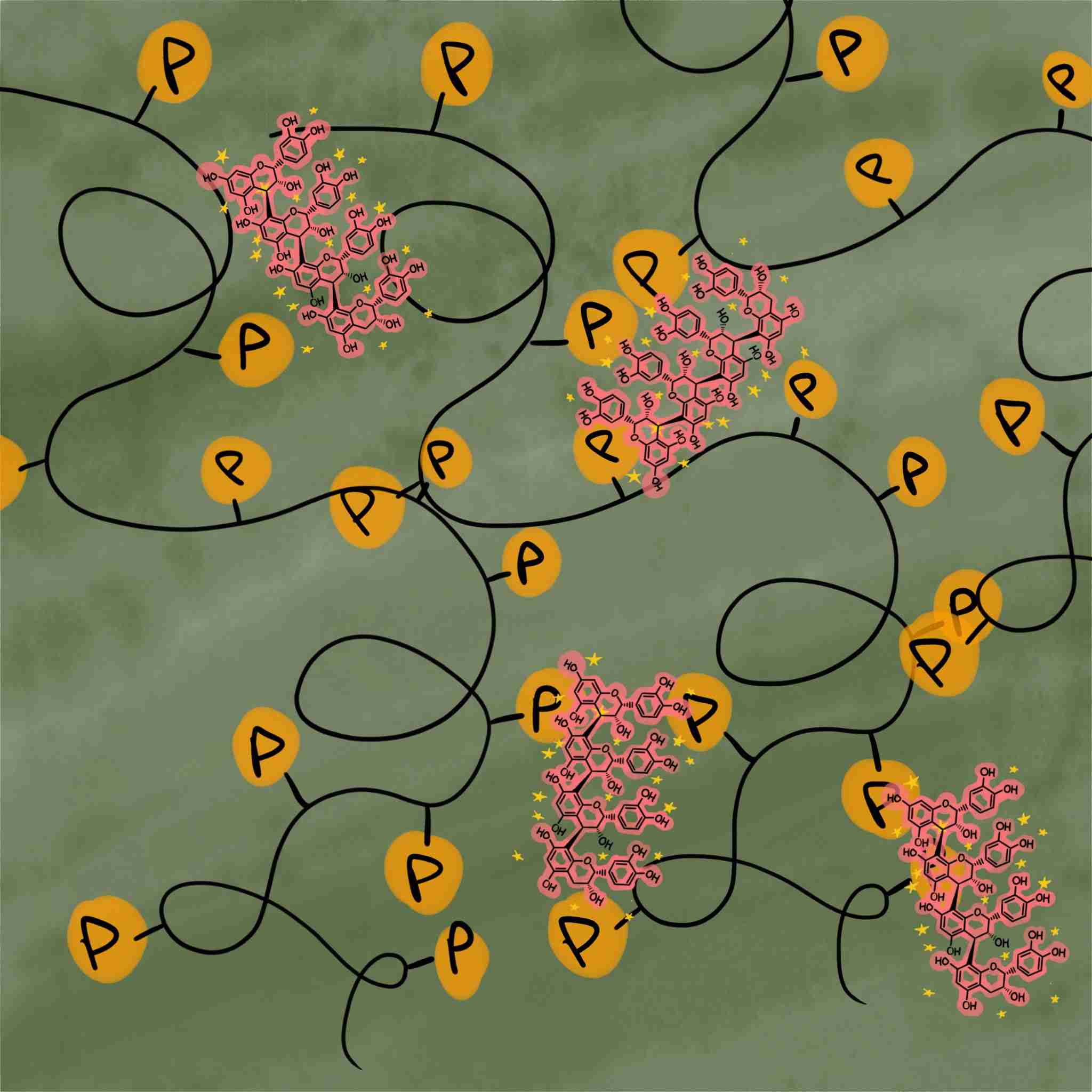
Impact of Grape Varieties
It’s important to note that different grape varieties contain varying levels of tannins. Some grapes, such as Cabernet Sauvignon or Malbec, tend to have higher tannin levels compared to others. This means that consuming these varieties may result in a more pronounced drying effect on your mouth. If you find that certain grapes consistently make your mouth feel excessively dry, it might be worth exploring different grape varieties that are known for lower tannin content.
Possible Allergic Reactions
While rare, some individuals may experience allergic reactions to certain compounds found in grapes, including tannins. Allergic reactions can vary in severity, and symptoms may include dry mouth, itching, swelling, or difficulty breathing. If you suspect that you have an allergy to grapes or experience severe symptoms, it is crucial to seek medical attention promptly.
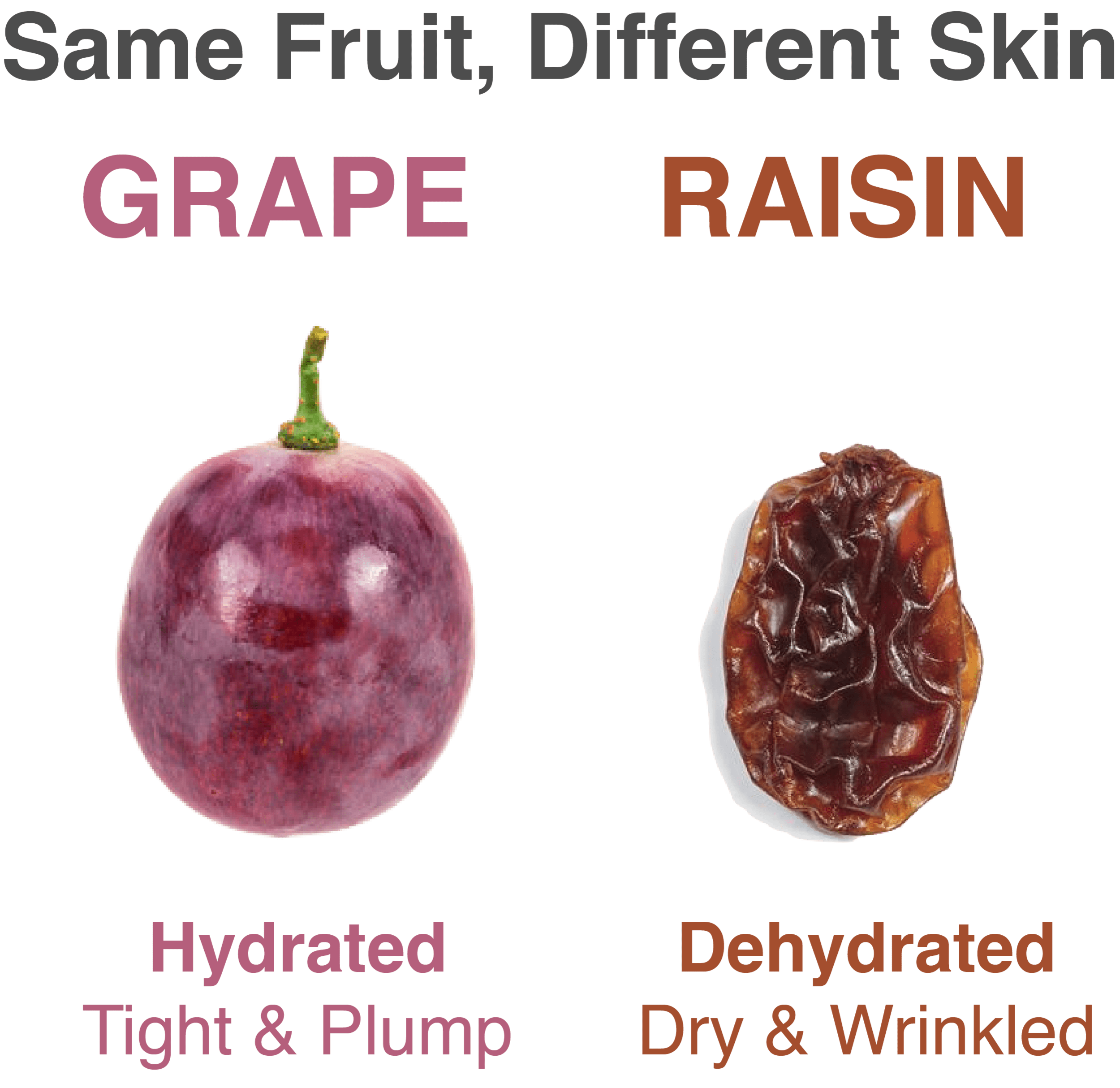
Taste Perception and Dry Mouth
Interestingly, the perception of taste can also influence how dry grapes make your mouth feel. Our taste buds have different levels of sensitivity to various flavors, and the experience of dryness can vary from person to person. Factors such as individual taste thresholds, overall oral health, and sensory perception can influence how intensely you perceive the drying effect of grapes. Therefore, it’s essential to remember that while grapes may make your mouth dry, the severity of the sensation can vary among individuals.
Importance of Hydration
To counteract the temporary dryness caused by grapes, it’s crucial to prioritize hydration. Consuming an adequate amount of water can help maintain moisture balance in your mouth and overall oral health. Additionally, staying hydrated promotes saliva production, which can aid in alleviating the dry sensation. Remember to drink water regularly, particularly after consuming grapes or other foods that may cause dryness, to ensure your mouth stays moisturized.
In conclusion, the science behind why grapes can make your mouth feel dry stems from the composition of grapes, the presence of tannins, and the resulting reaction in your body. This drying effect can be explained by the stimulation of salivary glands, the body’s response to tannins, the impact on moisture balance, and even osmosis. Understanding these factors can help you better manage the dry mouth sensation when enjoying grapes. Remember to stay hydrated, explore different grape varieties with lower tannin content if needed, and seek medical attention if you suspect any allergies. So, grab a bunch of grapes and enjoy them, knowing that your dry mouth is simply a natural response with scientific explanations behind it.
